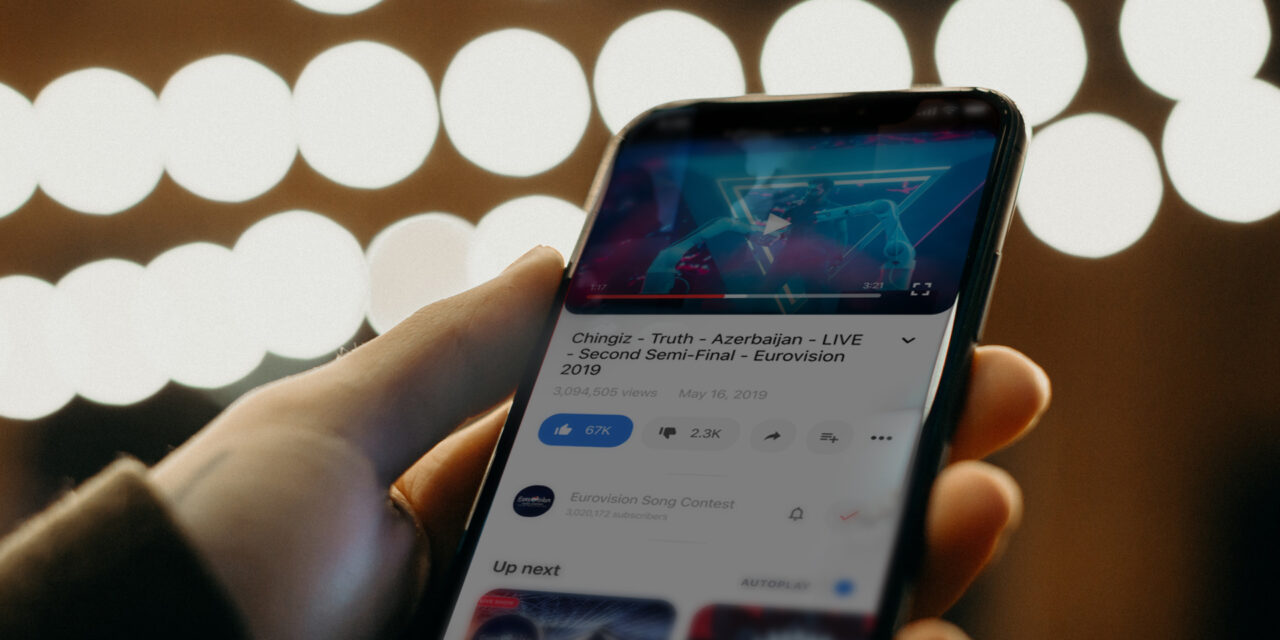More consumers are looking to discover new content on social platforms creating new opportunities for advertisers.
Adults across the globe are increasingly turning to short form social video on platforms like YouTube, TikTok, Snapchat, and Meta as a preferred source for entertainment and relaxation, according to recent consumer survey from Channel Factory, the global brand suitability platform for YouTube.
The results also show while different generations of consumers engage with each social platform for unique reasons, more than half say they seek out funny or entertaining content to share with friends and family – including ads – and about a quarter of them actively engage in short form creator content to learn more about products or services they are shopping for. In addition, most surveyed say their mood improves or stays the same after watching. The research surveyed 2,000 users from five markets: US, UK, Italy, Singapore, and Australia, across three generations, Adult Gen Z, Millennial and Gen X.
Collectively, 52% of respondents say the main reason they turn to social media is for relaxation and to watch entertaining videos. Consumers, Millennials in particular, find more pleasure when scrolling if the content they’re fed is new and diverse. Of those respondents who say they get a mood boost from social media, 39% (a 9% lift compared to 2020) say their mood boost comes from the algorithm which serves them unexpected content, satisfying their need for an element of discovery. As a country-specific example, 55% of Singaporeans (compared to 46% in 2020) are now using YouTube for learning and creativity, while 48% of Singaporeans use YouTube to discover something new, unusual or surprising.
“What these results suggest is consumers are turning to short form creator content to chill out and be entertained. It’s surprising to see 94% of respondents state that they feel better or the same after watching video content, taking into account the many studies that point the finger at social media, naming it a harmful space” says Sara Luckow Callanan, Sr. Director, Global Strategic Marketing & Research, Channel Factory. “The strong majority of adults having positive or neutral experiences on the platforms is an opportunity for advertisers to further contribute to elevating the consumer social video experience. Having joyful creative assets, consciously investing in positive content across a mix of verticals and ensuring streamlined journeys from ad to purchase point can lead to consumers being your biggest brand advocates as they shop and share with friends and family.”
As consumers are looking to explore new content, they are also seeking to help friends and family discover new content too, including ads. Consumers overwhelmingly want to make their friends and family smile: 52% stated they would share an ad if it’s relevant to the interests of their friend or family member and 50% would share if they think it’s funny. According to Channel Factory data, 26% of respondents use social video platforms to find out information about a product and 22% have shopped via social video ads in the past three years. Advertisers are doing themselves a favor creating content that consumers like and want to share.
Other key findings from the study include:
- The most ubiquitous social video platform globally over the past three years is YouTube, with 88.8% of global consumers stating they use YouTube
- The survey showed a 6% increase in users watching YouTube content 10+ minutes long
- Consumers report the top categories they watch across all platforms are: Entertainment & Comedy (47%), Food, Recipes & Cooking (36%), Music & Dance (35%), and Lifestyle & Family (32%)
- 26% of global consumers use social video platforms to find out information about a product or service
- Gen Z had a 3.0% increase in reporting they go to YouTube to “find out information about a product or brand” and Gen X had a 4.0% increase in reporting they go to YouTube to “to find out information about a topic of interest”
- Gen Z had a 10.2% increase in reporting they go to TikTok “to find out information about a topic of interest” and Millennials had a 5.9% increase in reporting they go to TikTok “to find out information about a product or brand”



















